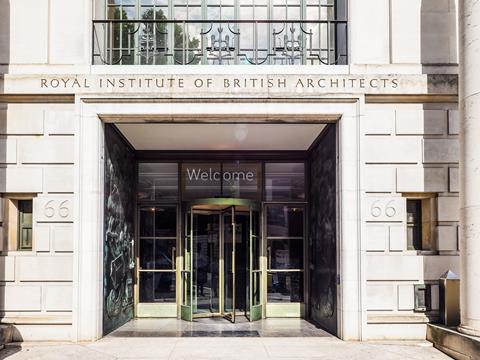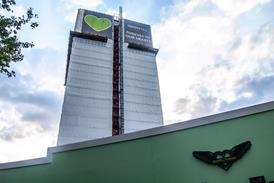Survey of more than 1,450 architecture professionals highlights extensive unpaid overtime, low pay and poor mental health outcomes across the profession

The RIBA has announced plans to strengthen workplace standards across its chartered practices following the publication of a new report detailing widespread concerns about pay, working hours and mental health in the profession.
The RIBA Workplace and Wellbeing Report, based on a survey of over 1,450 architectural professionals conducted in summer 2024, found that 90% of practice employees work more than their contracted hours, with two-thirds receiving no compensation for the additional time worked.
The findings indicate that overtime is a routine expectation across the sector, with employees typically contracted for 37.5 hours a week but working an average of 44 hours.
The report highlights particular challenges for younger and early-career staff, with 76% of Part 1 architectural assistants and 13% of Part 2 assistants not receiving the Real Living Wage when unpaid overtime is taken into account.
Across all respondents aged 21 to 24, 69% reported not earning the Real Living Wage, compared to 11% of those aged 25 to 34.
RIBA president Muyiwa Oki said: “The findings of our survey make clear the need to address the culture of unpaid overtime, low wages and insufficient support for professionals.
“Dignity, safety and fair treatment are the foundations of a healthy and thriving architecture sector, not optional extras.”
The institute has pledged to review its code of practice for chartered practices to clarify mandatory employment standards, including fair pay and access to flexible working. It is also establishing a new task force to develop a strategy for improving working conditions, using the survey findings and wider industry research.
The survey found that 54% of employees in practice viewed their role as detrimental to their mental health and wellbeing. Staff aged 25 to 34 were the most likely to report negative effects, with 59% describing their role as harmful to their mental health.

Interviews conducted as part of the research described a culture of normalised long hours, with participants citing unrealistic fee structures, poor resource management and an exploitative drive for profitability as key contributing factors.
Oki said: “Architecture is such a brilliant, fulfilling career and my experiences have been nothing but positive, so the fact that so many in the profession I love are overworked, underpaid and unsupported is hard to hear.”
The survey also found that women, people with caring responsibilities, and those from Black, Asian and minority ethnic backgrounds experience particular challenges, including lack of support for flexible working and inequitable treatment.
Only 35% of respondents agreed that their organisation supported a healthy work-life balance, and 29% agreed that mental health and wellbeing support was adequate.
RIBA said it issued a practice note in November 2024 reminding chartered practices of their obligation to pay the Real Living Wage to all staff, including students and freelancers, and to compensate overtime with either pay or time off in lieu.
Oki added: “We want to attract architecture specialists from all backgrounds so that our built environment works for and reflects the needs of the wider society.
“Clearly having a working culture that favours more established architects and people who do not have young children or other caring responsibilities is detrimental to that, so as a membership body we must do all we can to address the issue.”
The full RIBA Workplace and Wellbeing Report is available on the RIBA website.
>> Also read: Trainee architects have been failed for too long, ARB’s report demands better
>> Also read: ARB research uncovers ‘staggering’ levels of discrimination and sexual misconduct in the architecture profession
















No comments yet